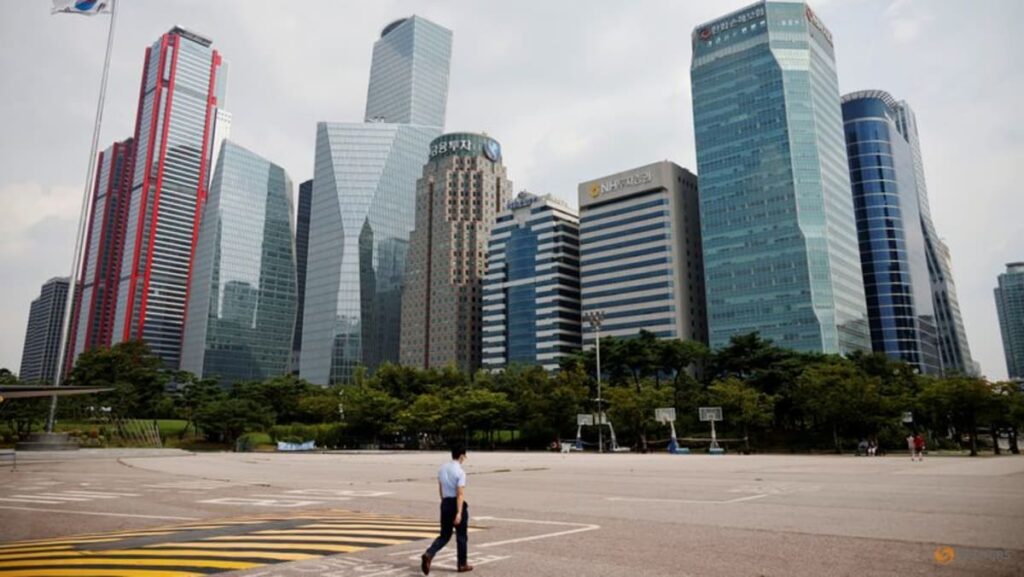SEOUL: South Korea’s prime minister apologised Saturday (Sep 27) after a fire at a state data centre disrupted hundreds of government online services, including the post office and emergency response systems.
A lithium battery fire broke out Friday night at the National Information Resources Service in Daejeon, about 150 kilometres south of Seoul, which hosts key state IT systems, according to local authorities.
South Koreans received multiple emergency text messages from the government early Saturday, which included warnings that some post office online services were down due to the fire and that 119 emergency requests could be made by phone – not via video or text.
“Because the nation’s key IT systems are concentrated in one facility, the fire suppression efforts faced considerable difficulties,” Prime Minister Kim Min-seok said, adding that the fire had been largely brought under control.
“There may be delays in processing civil applications or interruptions in the issuance of certificates, causing inconvenience in daily life. I extend my sincere apologies to the people for these inconveniences,” he added.
According to the interior ministry, 647 government online services remained suspended as of Saturday morning due to the fire, including the mobile identification system, the national law information centre website, and the government platform for complaints and petitions.
The blaze caused the facility’s temperature and humidity-control systems to fail, raising fears of server overheating, and prompted the government to shut down operations as a proactive measure to protect its IT systems, the ministry said.
“We are currently prioritising the restoration of the temperature and humidity-control systems, after which we will restart the servers and proceed with recovery measures,” Vice Minister Kim Min-jae told reporters.
In 2022, more than 50 million users of the country’s biggest mobile messenger app KakaoTalk experienced major service disruptions after a fire at a data centre, prompting a company apology and calls for government-led prevention plans.
Read the full article here

